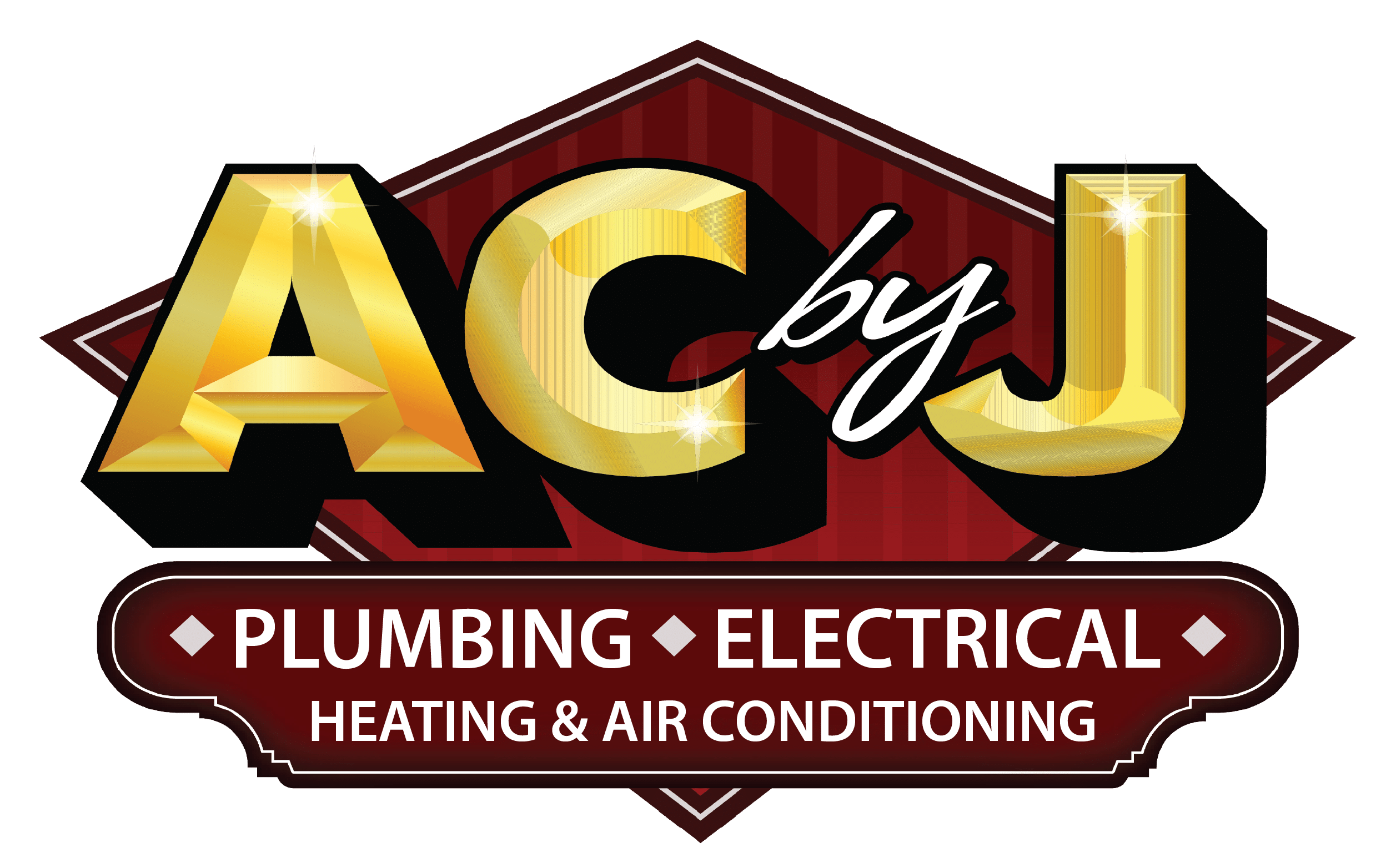When your air conditioner is running properly, it should not emit any smells. If you have a disconcerting aroma while it’s running, you have a sign of brewing trouble. Here are some common smells air conditioners sometimes give off, what they mean, and how to prevent them.
Burning Smell
Whenever you have a burning smell, you should pay attention and investigate the source. This is a key indicator of a problem that may lead to a fire hazard. If you smell something burning and suspect your air conditioner, turn it off to prevent any further damage.
One of the common problems leading to a burning smell is when your blower motor burns out. Fortunately, if this is the source of the smell, it will dissipate once you kill the power.
If the burning smell is more like gunpowder, you likely have an electrical issue. Rather than just turning the power off at the thermostat, cut the power at the breaker.
Given the risk of a fire, if the smell does not dissipate quickly, evacuate your home. Once you are outside, call the fire department, even if you do not see flames or smoke. If they clear your home, the next step is calling an HVAC professional to inspect your system.
Dirty Socks
The smell of dirty socks is never something you want in your home, especially when it’s coming from your air conditioner. However, sometimes there are things that will emit this smell from within your system.
This smell is caused by either a dirty evaporator coil, clogged condensate drain, or stagnant water in your drip pan. The evaporator coil has air constantly running through it, leaving behind airborne contaminants. If not cleaned periodically, it will create airflow restrictions that lead to this pungent aroma.
As the system runs, it causes moisture from the air to condense and drip down to the drip pan. If the condensate drain is clogged, this moisture collects and causes this odoriferous aroma.
Musty Aroma
When your system sits for any length of time, you may notice a musty smell when it first starts up. The most common cause of this kind of smell is trapped moisture that develops various spores and biological cells.
Part of what your air conditioner does is dehumidify the air that runs through it before sending it back out. If there is a problem with the dehumidification process, then it will capture that moisture.
Dust and dirt on your evaporator coil act as a type of insulation, preventing air from cooling and moisture from condensing. This sends more moisture out into your ducts, where more dust and dirt absorb it. This is a common area where this smell will come from.
Likewise, your air filters are the first place airborne contaminants collect. This can also be a place that will absorb moisture, especially if your return duct is near your bathroom or kitchen. Minimize the moisture from these rooms by running the ventilation fans when you cook or shower.
Rotten Eggs
Most people associate the rotten eggs smell with natural gas, which you would not think would be an issue in the summer. However, these systems have malfunctions any time of the year, even when you’re not using your furnace.
If you smell rotten eggs, you should take it seriously as a possible gas leak. Ignoring it could lead to health hazards for everyone in your home, not to mention being a dangerous fire hazard. Smelling it while running your air conditioner simply means it’s leaking into your ductwork somewhere.
First, get everyone out of your home safely, especially if the smell is strong. Be sure you do not operate any switches or anything else electrical on your way out. This could create a spark that will ignite the gas.
Next, call either the fire department or your natural gas utility company to determine if there is a gas leak. Once they find the source, call a professional HVAC technician to fix it.
Cigarette Smoke
No one likes the smell of stale smoke, especially if you are a non-smoker. However, this is a common smell you may get as you run your air conditioner.
If there are no smokers in your home, the most common source is someone smoking near your home. If your home is downwind while they smoke, it will find its way through cracks and air leaks. This then gets picked up by your air conditioning system through cracks in your ductwork or air handling unit.
Your air filter is another common source of this smell. This filter captures some of the particles from the smoke, whether they originated in your home or not. This then continues to be circulated throughout your home while your system runs.
Sewage
Your air conditioning system and sewage line are completely independent of each other. However, that does not prevent the aroma of sewage from seeping into your ducts and being circulated.
Fortunately, this smell does not originate from within your system. Rather, it happens as a result of a leak in your sewage line, allowing the methane and other gases to escape.
These gases get into your ductwork and are then circulated around your home. If you notice this particular smell, open the windows to dilute the gases in your home. Then call a professional plumber, like those at AC by J, to find the source and fix it.
Exhaust
Even if you live in the suburbs and away from busy streets, you may notice the smell of exhaust from your air conditioner. This is also a very hazardous smell and should not be ignored.
While exhaust may be sucked in through air leaks like smoke or sewage gases, your system may cause it as well. This is most commonly tied to a refrigerant leak in your system, which can cause many health problems.
If you smell something like exhaust, shut off your air conditioner and call an HVAC technician. While you are waiting, consider opening windows to allow the smell to vent out. A screaming sound accompanied by the smell indicates a significant refrigerant leak and warrants additional caution.
How to Prevent Smells
The best way to prevent all of these smells is by scheduling routine maintenance. The first step is to check your air filter regularly. Plan to replace this about every 90 days, depending on your air quality and filter type.
Next, make sure to get routine spring maintenance every year. During your maintenance visit, a technician will clean your evaporator coil and circulating fan. This helps minimize any contaminant buildup that will absorb moisture.
They will also test your circulating fan motor and electrical components to ensure they are operating optimally. If found to be suboptimal, you can plan to replace them before they become a problem or start emitting odors.
The tech will also inspect and clean your condensate drain, ensuring it will not build up and stagnate. Finally, they will test your refrigerant level to ensure there are no signs of a leak.
AC by J Air Conditioning, Plumbing & Heating has provided expert air conditioning repair and maintenance to people around Scottsdale since 1983. Our team is also trusted for heating and plumbing installation, maintenance, and repair services. Call to schedule an air conditioning maintenance or repair visit with one of our technicians today.





